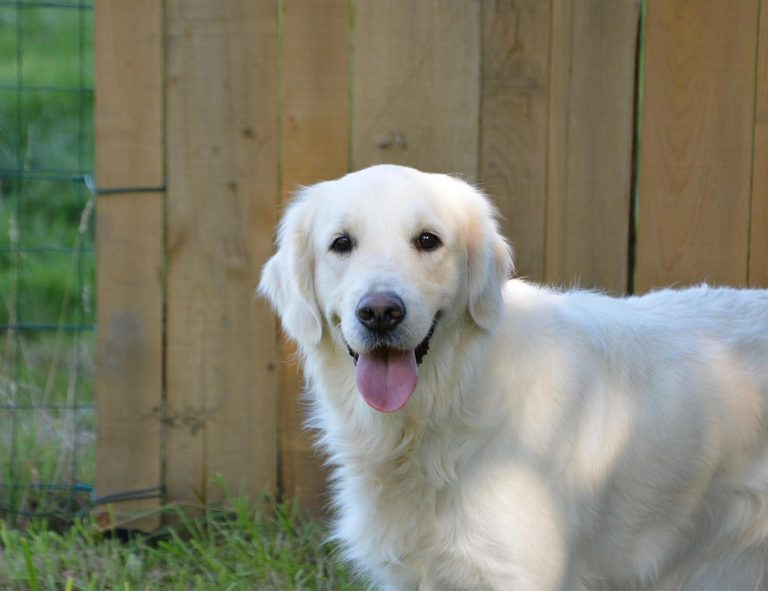Caring for a senior dog is a journey filled with love, challenges, and rewards. As your furry friend ages, their needs evolve, and understanding those needs is crucial to ensuring their health and happiness. In this article, I’ll share 7 essential tips for senior dog care you must know to help you provide the best life for your aging companion.
Contents
Why Senior Dog Care Matters
Just like us, dogs experience changes in their bodies and minds as they age. Their energy levels might dip, their joints may stiffen, and their dietary needs can shift. Understanding these changes allows you to adapt your care to ensure your beloved pet continues to thrive. Good senior dog care is not just about keeping them alive; it’s about enhancing their quality of life.
1. Regular Veterinary Check-ups
Why It’s Essential: Regular veterinary visits are the cornerstone of senior dog care. These check-ups allow your vet to catch potential health issues before they become serious.
- Frequency Matters: Aim for at least two vet visits per year. Your dog may not show obvious signs of illness, so routine blood tests and physical exams are vital.
- Watch for Signs: Be vigilant for changes in behavior, appetite, or mobility. These can be indicators that something is amiss.
Consider these resources for more information on senior dog care: American Veterinary Medical Association and ASPCA Senior Dog Care.
2. Nutrition Tailored to Age
Why It’s Essential: Older dogs have different nutritional needs. Their metabolism slows, and they may require fewer calories but more nutrients.
- Choose Wisely: Look for high-quality dog food specifically formulated for seniors. These formulas often contain joint-supporting supplements like glucosamine.
- Portion Control: Be mindful of their weight. Obesity can lead to serious health problems, including diabetes and heart disease.
3. Joint Health and Mobility
Why It’s Essential: Joint pain and stiffness are common in senior dogs. Addressing these issues can significantly improve their quality of life.
- Supplements Can Help: Talk to your vet about adding joint supplements to your dog’s diet. Omega-3 fatty acids and glucosamine can promote joint health.
- Gentle Exercise: Keep your dog active with low-impact activities. Short walks and swimming can be beneficial without putting too much strain on their joints.
4. Mental Stimulation is Key
Why It’s Essential: Just as physical exercise is crucial, mental stimulation keeps your dog’s mind sharp. This is especially important as cognitive decline can occur in older pets.
- Interactive Toys: Invest in puzzle toys that stimulate your dog’s thinking. These can keep them engaged and entertained.
- Training Refreshers: Spend a few minutes each day practicing commands or tricks. It’s a great way to bond and keeps their brain active.
5. Comfortable Living Space
Why It’s Essential: As dogs age, they appreciate comfort more than ever. Creating a cozy environment can ease their physical discomfort.
- Soft Bedding: Provide an orthopedic bed to support their joints. This can make a world of difference in their comfort level.
- Easier Access: Consider ramps or steps if your dog struggles to get on and off furniture or into the car.
6. Grooming Needs Change
Why It’s Essential: Senior dogs may require more frequent grooming. Their skin can become drier, and their coats might need extra attention.
- Regular Brushing: Keep their coat healthy and free of mats. This is especially important for long-haired breeds.
- Dental Care: Don’t neglect dental hygiene. Regular teeth brushing and dental treats can help prevent gum disease, which is common in older dogs.
7. Emotional Well-being
Why It’s Essential: Your dog’s emotional health is just as important as their physical health. Aging can be stressful for them, and they need your reassurance.
- Quality Time: Spend time cuddling, playing, or just being together. Your presence is a comfort to them.
- Watch for Changes: Be aware of any signs of anxiety or depression, such as excessive barking or withdrawal. Consulting your vet for behavioral changes can help.
Bottom Line
Caring for a senior dog is a rewarding experience that requires understanding and dedication. By following these 7 essential tips for senior dog care, you can ensure your furry friend lives a happy, comfortable, and healthy life.
Your dog has given you years of love and loyalty. Now it’s your turn to give them the care they deserve in their golden years.
FAQs
Q: How do I know if my dog is a senior?
A: Generally, dogs are considered seniors around 7 years old, but this can vary by breed. Larger breeds tend to age faster than smaller ones.
Q: What signs should I look for that indicate my senior dog is in pain?
A: Signs can include limping, reluctance to move, changes in appetite, or behavioral changes like increased irritability.
Q: Can senior dogs still learn new tricks?
A: Absolutely! While they may take a bit longer to learn, senior dogs can still enjoy and benefit from training sessions.
Caring for your senior dog is a beautiful journey. Embrace it, and you’ll both reap the rewards of companionship and joy.








